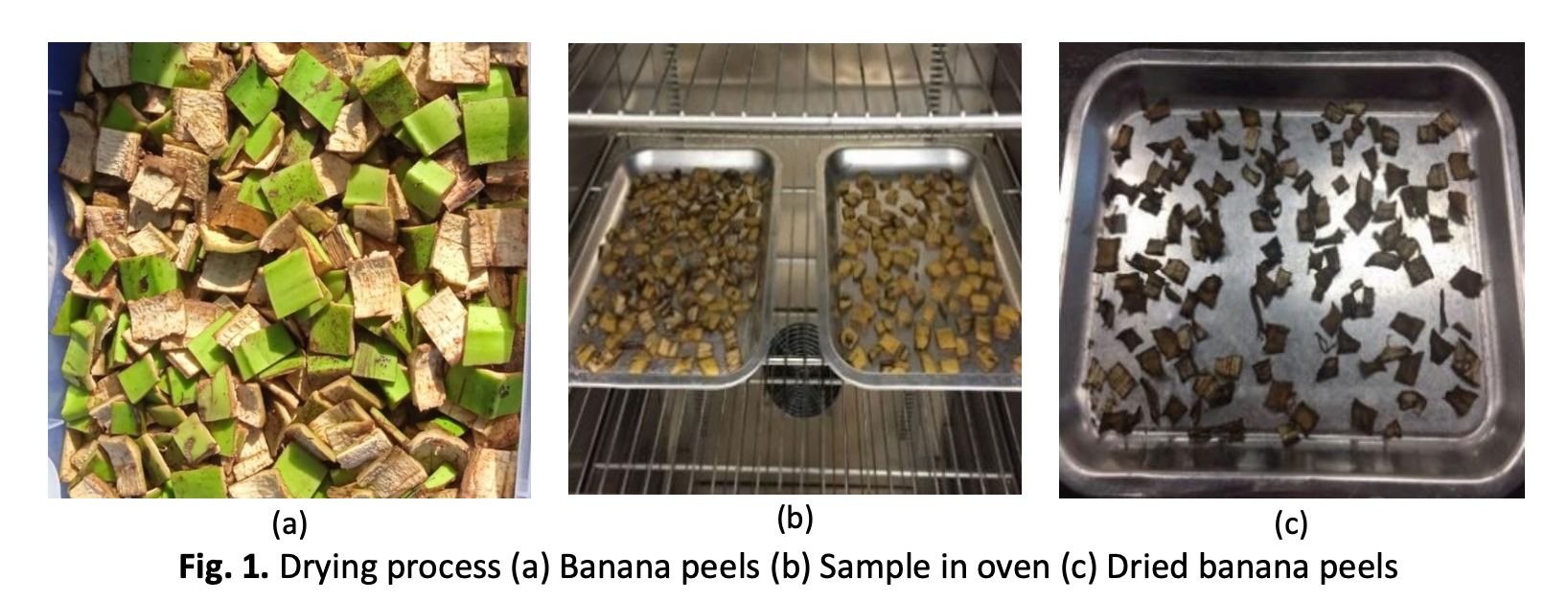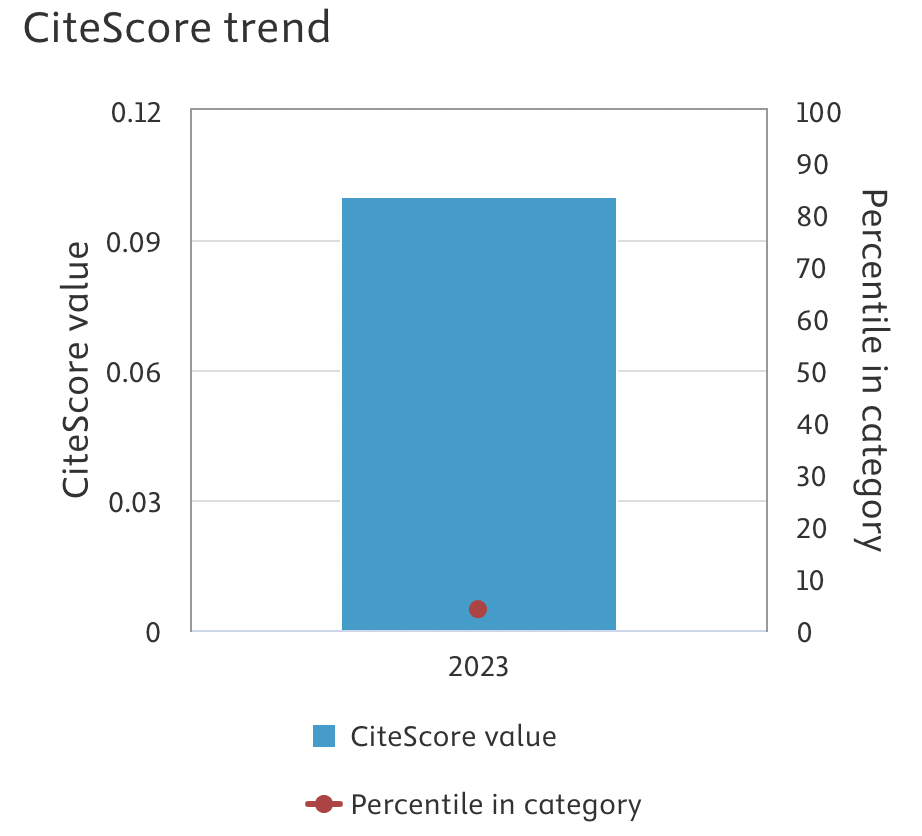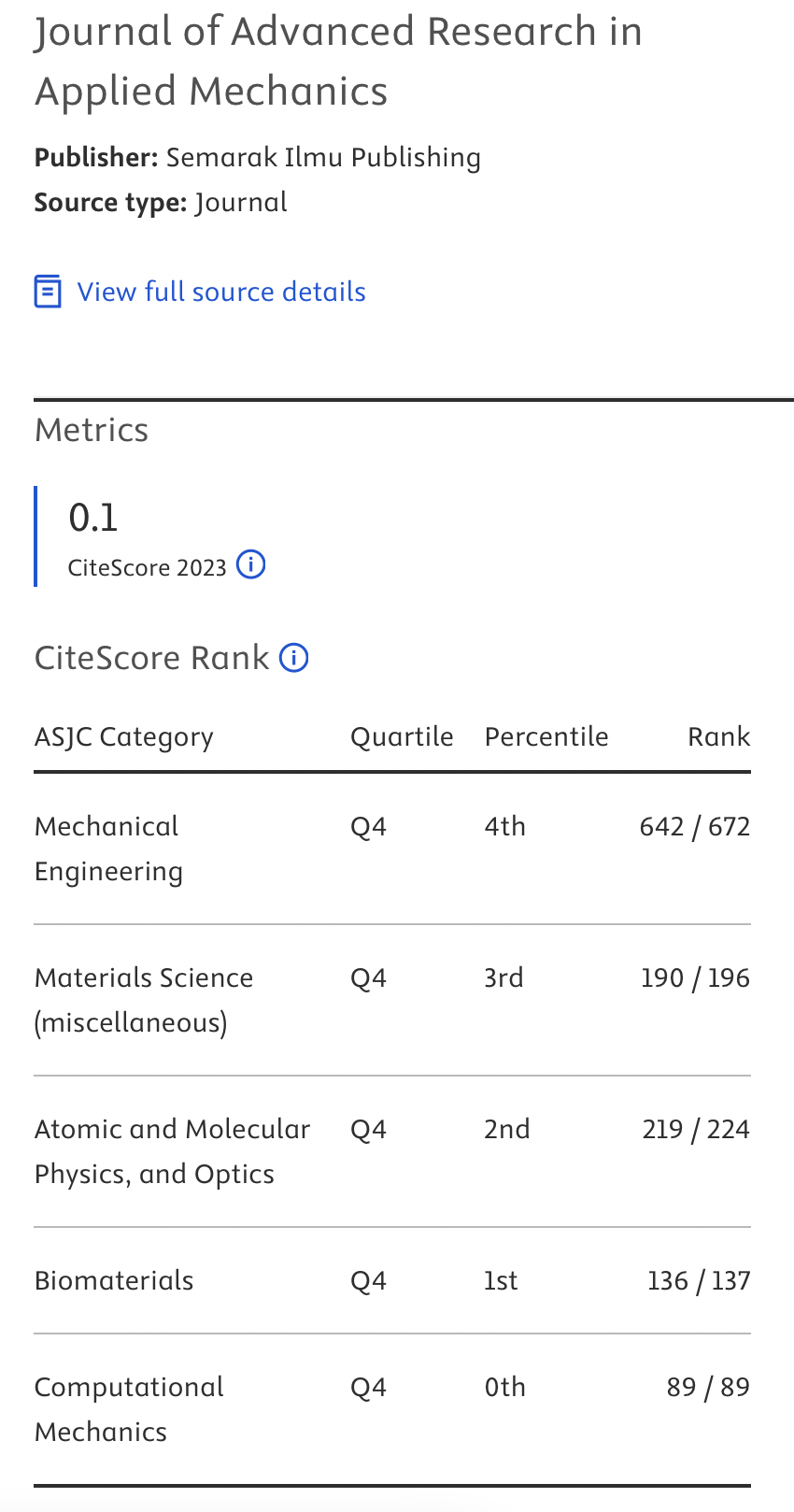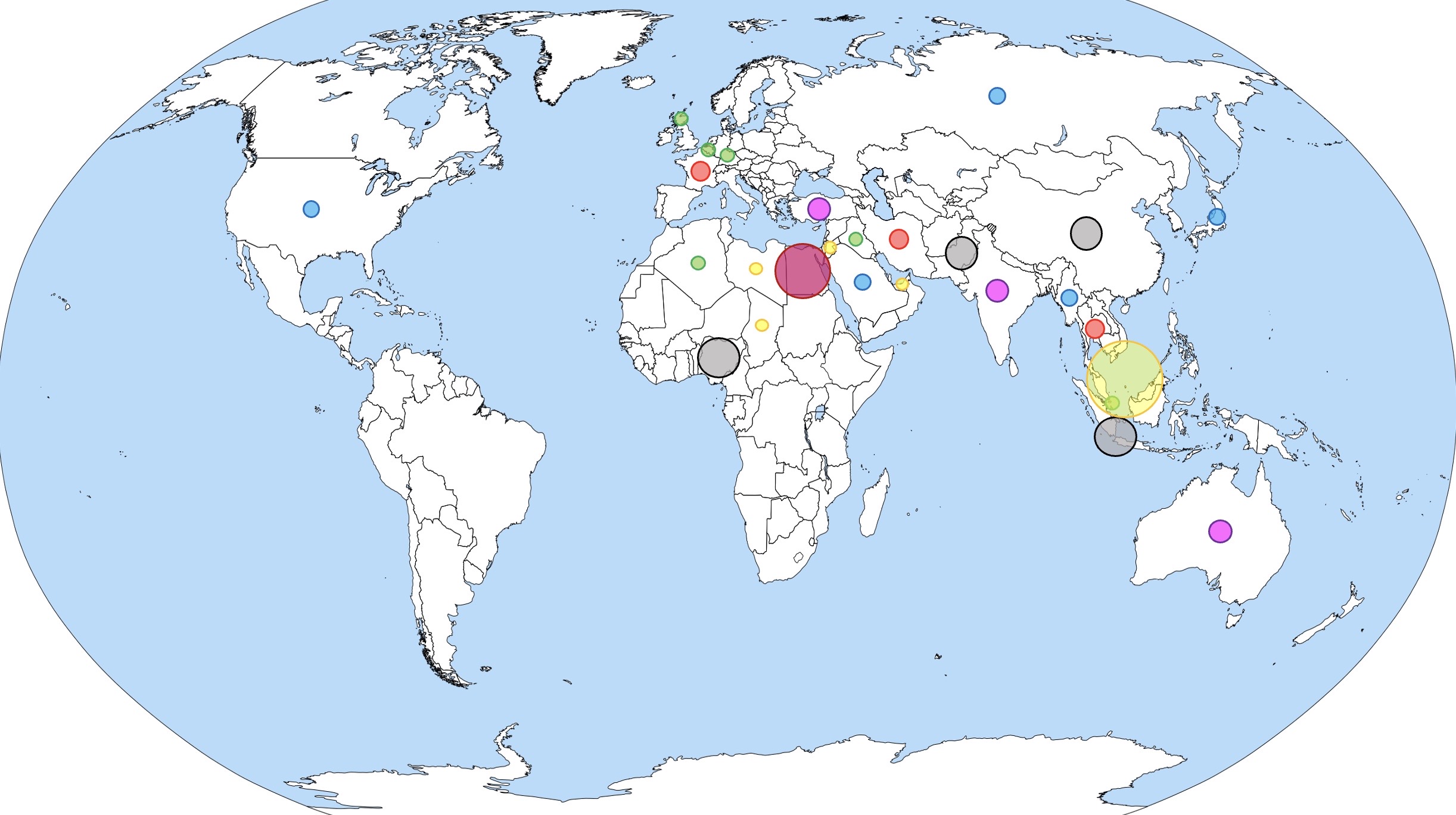Biodegradable, Physical and Mechanical Characteristics of Banana Peel (Musa Paradisiaca) for Bio-plastics Polymer Composites
DOI:
https://doi.org/10.37934/aram.115.1.117Keywords:
Banana peel, thermoplastics, bioplastics, polymer composites, bio materials, biodegradableAbstract
Bioplastics became to meet high demand in plastic industries as its ability in performing biodegradable properties. Apart from that, this bioplastic particularly derived from banana peel and corn starch as to develop starch/biomass polymer composite. Thus, other commercial plastic takes a long time to fully or partially degraded. As a result, banana peel is chosen because of its abundant quantities to be obtained in Malaysia. The objective is to formulate TPS/BP polymer composites with different concentrations of BP and assess their mechanical and physical properties. The sample preparation involves multiple steps, including extracting BP through a maceration process and incorporating it into the TPS matrix to form the TPS/BP polymer complex. The findings reveal that TPS/BP composites with 10 wt% BP exhibit the highest tensile and tear strengths, reaching up to 39.303 MPa and 66.388 N/mm, respectively. In terms of biodegradability, the 40 wt% BP composite exhibits a higher degradation rate compared to the 5 wt% BP composites, with an average weight loss of 65.1% over 8 weeks, as opposed to the average weight loss of 45.2% in the latter case. Overall, TPS/BP polymer composites have shown significantly superior physical and mechanical performance, positioning them as a promising alternative to existing biodegradable polymers.
Downloads


























